Despite the phenomenal advances in treatment of pediatric cancer in the U.S. and other high resource settings, the outcomes of the same diseases remain extraordinarily poor in low resource settings. Pediatric Burkitt lymphoma is one notable example of this disparity. Burkitt lymphoma represents the most common non-Hodgkin lymphoma and, in sub-Saharan Africa (SSA), it is likely the most common pediatric cancer, with some estimating that new cases comprise >50% of all pediatric cancer diagnosis. Despite many advances in the treatment of Burkitt lymphoma over the last several decades, the treatments and outcomes in SSA lag significantly.
My overall goal is to help address this disparity. I am currently a pediatric hematology/oncology fellow at Duke University and am looking to start clinical research with the goal of advancing both the treatments and supportive measures used in the treatment of pediatric Burkitt lymphoma in the low resource setting. To this end, I have identified a research mentor who is currently a pediatric oncologist who works in Mwanza, Tanzania, and am partnering with her to develop this project.
With this in mind, I have subsequently planned my first trip to Mwanza with two goals. The first is to begin to understand what the current care of pediatric oncology patients entails in this setting. I will also begin to establish relationships with current Tanzanian medical staff in order to partner with them for this research. It will be critical for the sustainability of any future implementation that the local staff be involved and able to carry forward any proposed changes. Second, while there, I also plan to help provide medical care in whatever way is needed and helpful.
This initial trip will be critical in establishing a foundation for future research. In the long term, I hope that this trip will make a difference by serving as a starting point for future interventions that improve the outcomes of this disease in Tanzania.
This specific trip will benefit the pediatric oncology patients, with long term focus on those with Burkitt lymphoma, being treated at Bugando Medical Center (BMC) in Mwanza, Tanzania. BMC serves a large area of northern Tanzania with an catchment of more that 15 million individuals. It is only one of 3 hospitals in the country that treats pediatric oncology patients and the only one in that region. Establishing improved oncology care at this center is therefore critical for a large number of patients and we hope to have a high impact in the region long term. Specific to this trip, I hope to both help care directly for pediatric oncology patients while I'm there, as well as establish a background and connections to help patients there in the future.
I also hope that, long term, what we learn and establish in working at BMC, would be generalizable for cancer care in other low-resource settings. The patient population served by BMC has similar characteristics as patients seen in other settings in sub-Sarahan Africa, with significant challenges of poor nutrition, preventative health, and social determinants of health including transportation/access.
As above, while I do hope to help patients directly while on the ground during this trip, the larger impact will be informing and establishing future clinical research with the specific goal of improving the treatment of pediatric Burkitt lymphoma both at BMC and more broadly in the low-resource setting. This trip is aptly timed at the beginning of dedicated research time for me so will serve as an essential starting point for my work. With what is learned from this trip, I will then begin to work with others to begin to draft our clinical research.
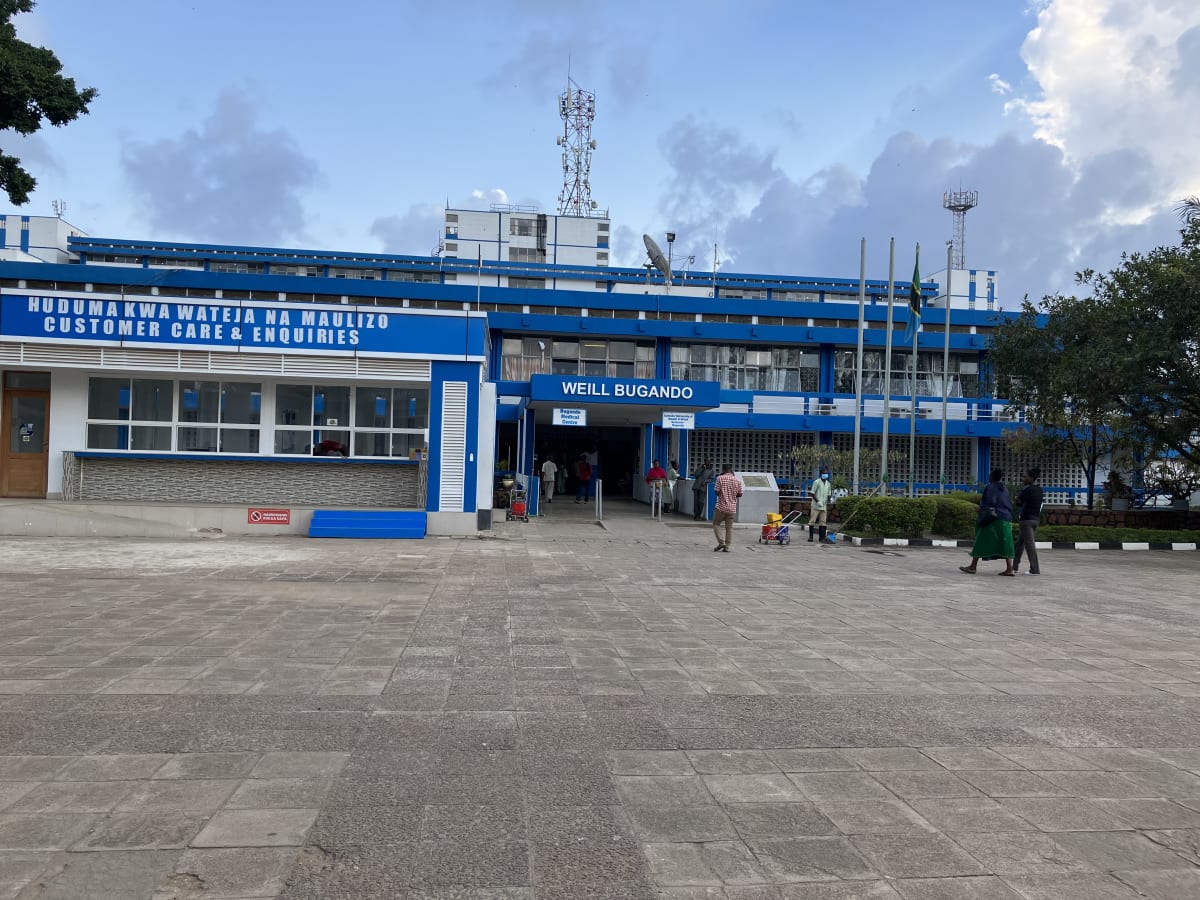
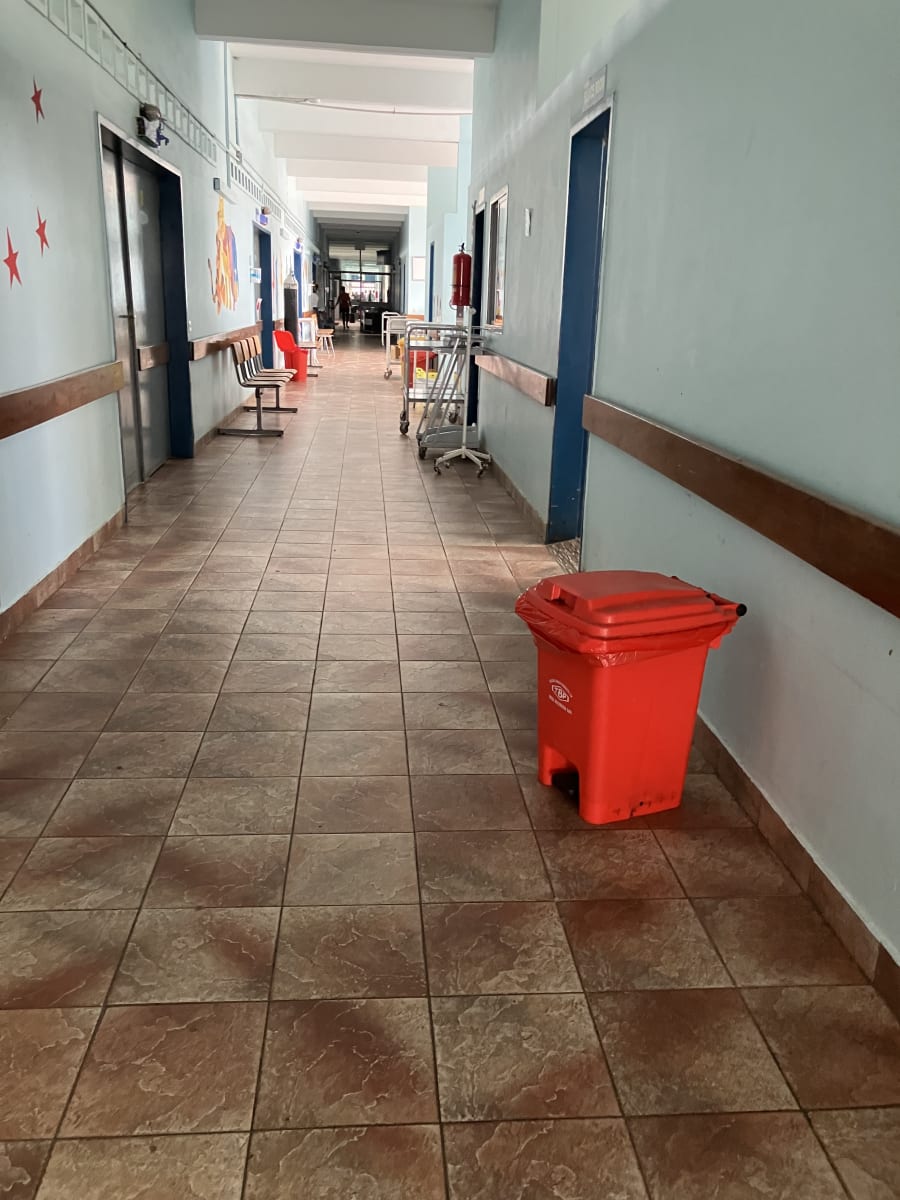

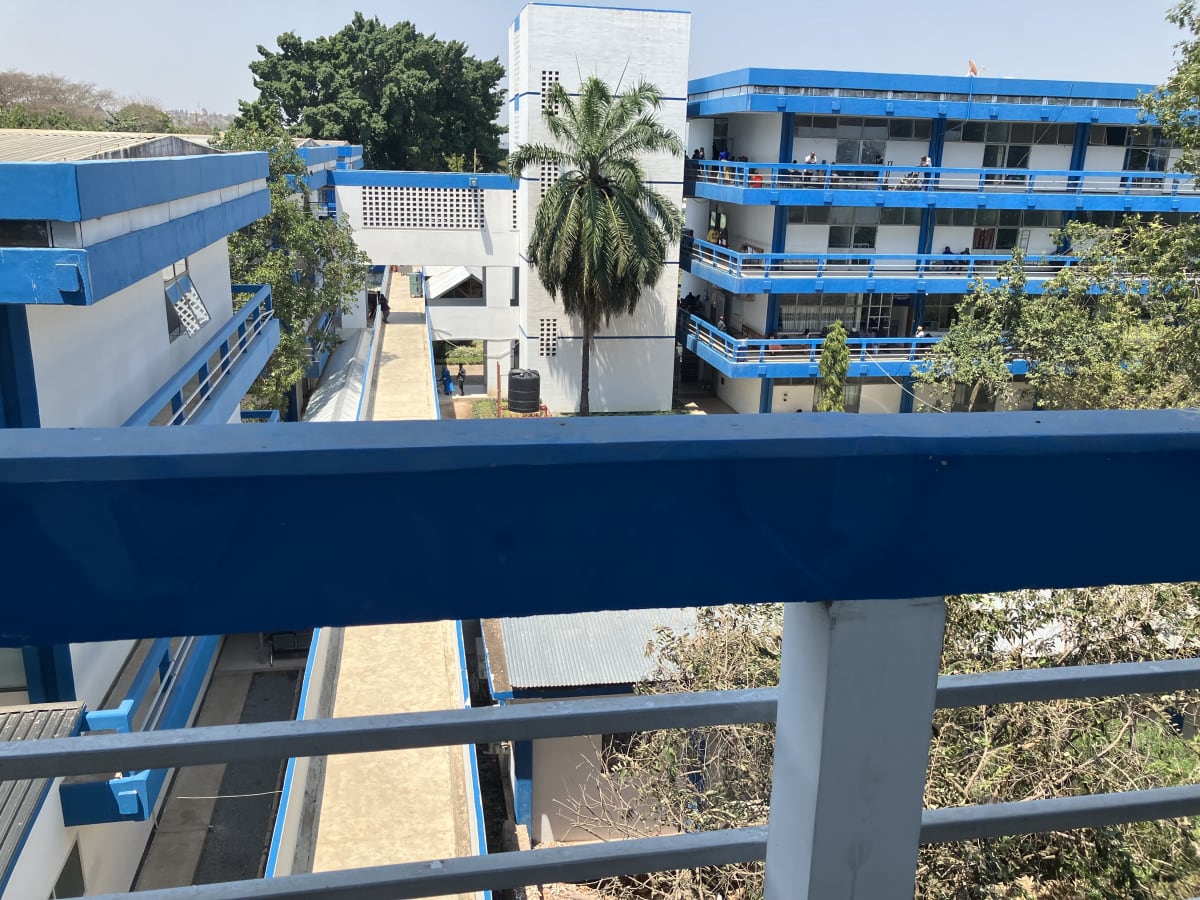
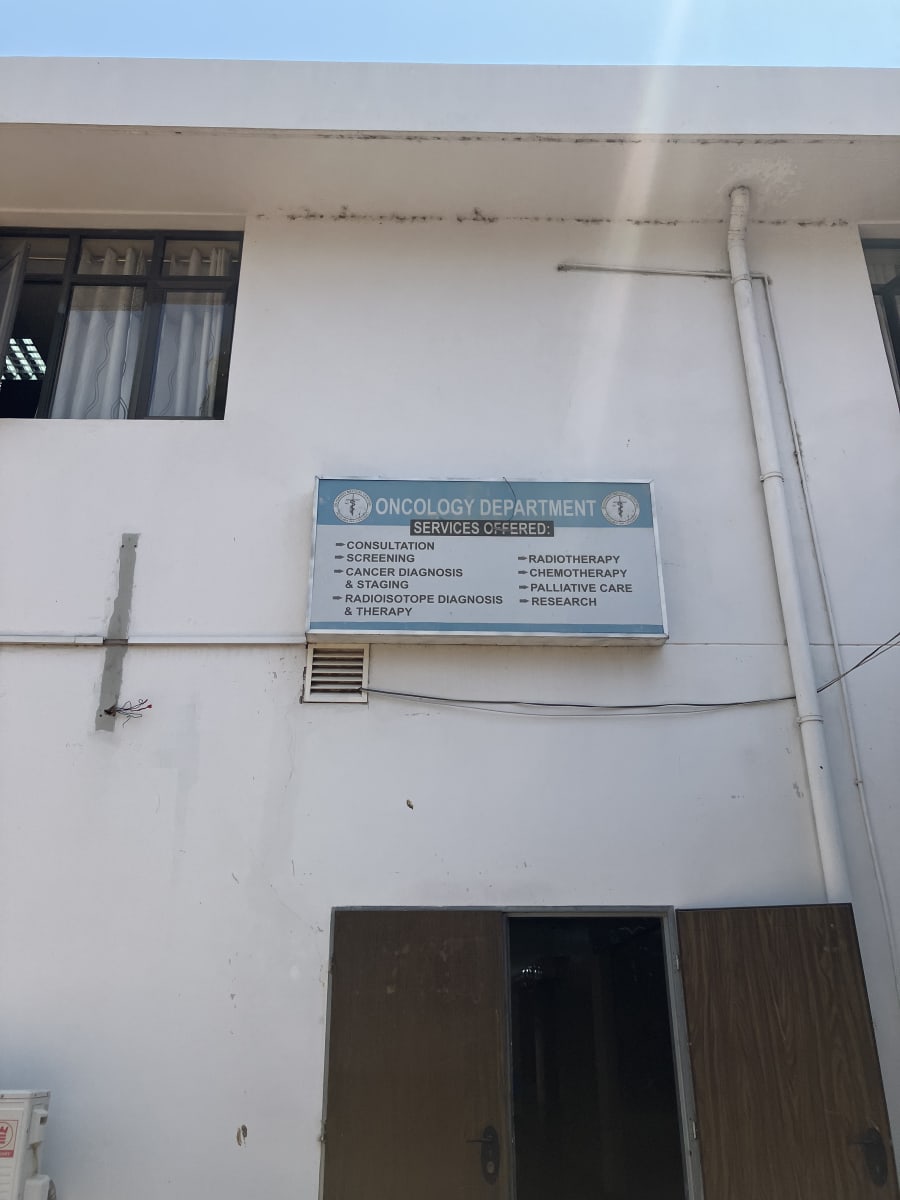



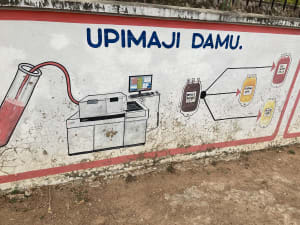



Cancer is a difficult disease to treat. Often it requires many months to years of therapies with toxic medications, surgery, and radiation. It frequently takes extensive resources (labs, medicines, etc.), and collaboration among a multi-disciplinary team. In pediatrics, it takes understanding, buy-in, and financial (and often child care) resources by the parents to facilitate their child’s treatment. All of these factors are under extreme pressure and are often lacking in the resource limited setting. I had the pleasure this past month to work alongside a dedicated team in Mwanza, Tanzania, who are working hard to improve cancer care for children, despite these challenges.
During this trip I had the opportunity to work predominately in the clinical setting both in the pediatric oncology clinic and inpatient service, volunteering and teaching where applicable. My primary goal of my first trip to Mwanza was to learn, however. Through this opportunity, I was able to understand how oncology care was delivered at Bugando Medical Center. I began to understand some of the challenges and barriers that exist to providing care to these patients and started to appreciate what would have to be done to implement changes. I was also able to establish relationships with the local medical team there whom I anticipate working with long term to help address these challenges.
To expand upon the challenges of cancer care in their setting further, it is worth noting how many of these patient’s present. First, many children do not present. Prior research has estimated that as many as 70% of children with cancer in Tanzania never present to a referral hospital and die of their illness without treatment. Of those who present, often the time from initial symptoms is lengthy and delayed leading to very late stage presentations of disease. Frequently too, patients will present to either local alternative medicine practitioners and receive either placebo or even harmful ‘treatment’ prior to presenting to a hospital or clinic. Finally, even if patients do present to a regional hospital, often times the referral process to a cancer treatment center is delayed or suboptimal treatment is attempted at the local center prior to referral. All of these factors complicate the care for these patients.
Once arrived at our center, these patients would have challenging disease to treat in the high resource setting. However, their treatment is made even more challenging given the aforementioned limitations. This trip for me helped to start the process of developing future research projects to help improve the care available to treat these patients. As mentioned, many of the chemotherapies used as standard of care in the high resource setting are not currently feasible or available for use in the low resource setting. Our research will largely focus on the safe implementation of commonly used therapies to improve the treatment and outcomes of pediatric cancer patients in Tanzania. I look forward to continuing this work and to returning to Mwanza again soon.
I am grateful to the Doximity Foundation for providing this travel funding to help facilitate this trip.
--------
Hutton Chapman is a pediatric hematology/oncology fellow at Duke University Children’s Hospital.